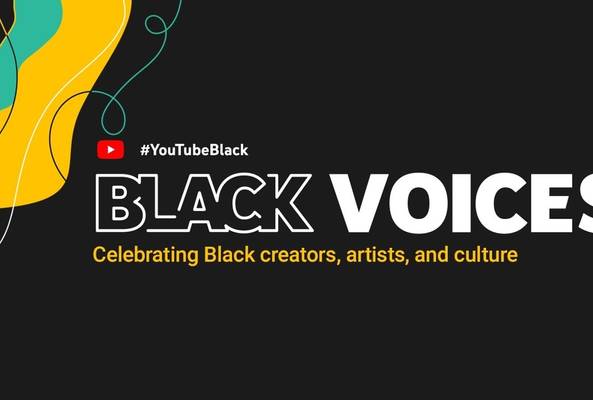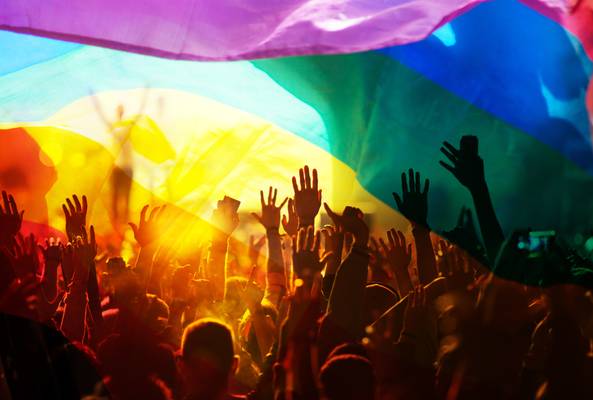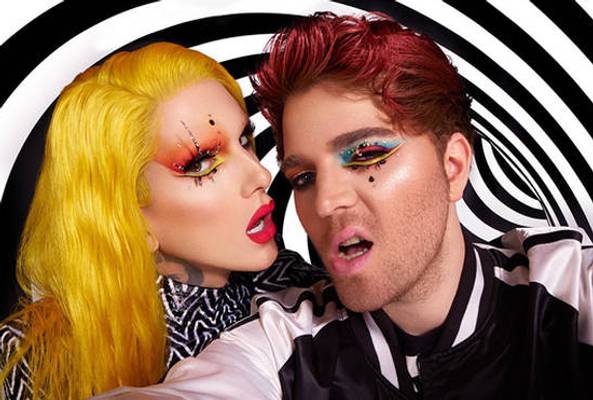Lydia Sweatt is a writer who loves balancing her article/blog time indoors with a healthy dose of nature. She bikes, hikes, and identifies edible plants along the way.
Black Lives Matter: How the YouTube Community is Amplifying Black Voices

The killings of George Floyd, Breonna Taylor, Ahmaud Arbery, and many other Black people at the hands of the police and others, have sparked protests and riots across the world.
But outside of their families, and local communities, the names of those who have died still might not be as widely known by the public without video evidence. But when racial injustice goes viral, it amplifies conversations about inequality in ways that the justice system does not and can not.
Following the death of George Floyd, social movements were initiated, fundraisers were organized, and new laws were penned to create change. It’s almost too magnificent to believe, but that’s the power of video in 2020.
YouTube seems to understand this more than any brand. As a pioneer of online video, the company is using its platform to support anti-racism - both independently and with the help of talented creators.
To help spread the word, we’re highlighting important conversations from creators, plus what YouTube is doing to help. Keep scrolling to hear their perspectives, then do everything you can to support the Black Lives Matter initiative.
YouTube: Amplifying Black Creators
Through June 2020, YouTube’s own official channel is highlighting racial justice issues. These featured videos, which you can view as playlists on YouTube’s own channel, share perspectives from Black creators, educational resources, and historical viewpoints on race.
Here are the 10 Playlists YouTube is promoting:
- Bear Witness, Take Action
- Creators Speak Out
- Understanding Racial Injustice
- Protests Against Racial Injustice
- Voices From the Past
- How to Talk to Kids About Racial Injustice
- Continuing the Conversation
- Reflections on Intersectionality
- History of the LGBTQ+ Civil Rights
- Shows of Support
The videos within these playlists, namely “Creators Speak Out”, discuss what it’s like to be Black in America. These featured creators talk about why Black people are angry and tired, what Black Lives Matter protests are really about, how to stay positive during dark times, and more.
Marques Brownlee on Tokenism and Racial Profiling
In terms of YouTubers creating conversations around racism and inequality, top tech expert Marques Brownlee explains the loneliness of being the only Black person in white spaces. In a video published on June 4th, he taps into his youth, expressing his love for golf, ultimate frisbee, and making tech videos.
Although these things were great in the beginning, Marques confirms that as you climb the ranks, there’s much less diversity.
As a result, he began to question everything. Did he make the professional ultimate frisbee team because he was good enough? Or were decision-makers using his skin color to satisfy diversity quotas?
Being a competitor was almost enough to distract him from those worries, Brownlee says. Almost. He’d snap back to reality while driving away from practices, hyperaware of how he could be stopped by police for next to nothing.
To Brownlee, this painful duality—being tokenized but also hunted by authorities isn’t something we should try to disprove. He states:
“Not only is racism obviously unacceptable, but we also have to actively work against it. There’s always, somehow, people twisting that, making it political, making it a two-sided thing. I don’t understand how being anti-racist can possibly be controversial.”
Uninterrupted on the De-humanization of Black Athletes
Uninterrupted, a sports network co-founded by Lebron James is also front and center of the conversation. The publisher uploaded a video on June 12th imploring sports fans to view professional athletes as more than just their jobs.
The video addresses the paradox of rooting for Black athletes on fields, courts, and arenas but nowhere else. It states:
“You ask us to move the chains, apply pressure, go for the jugular. You scream our names and wear our names and protect our names because we’re supposed to be family. But what about out here? Are you willing to scream for these names out here?”
Under that quote from the video, four names quickly flash across the screen: George Floyd, Breonna Taylor, Tamir Rice, and Trayvon Martin. Uninterrupted doesn’t hold back in its message. The moving rhetoric of the narrator gives undeniable truth to every scene on the screen.
Important Conversations: Allyship and Black Trans Lives Matter
YouTube’s Spotlight playlists are only one way to join the conversation. TV personalities Jimmy Fallon and Stephen Colbert are addressing racism on their own channels too.
By publishing videos about what it means to be anti-racist and apologizing for insensitive mistakes, they are supporting Black lives and anti-racism.
These are great videos to watch because they normalize what allyship is supposed to be - using your platform, money, or time to dismantle racism as a non-person of color.
Nevertheless, the world has a long way to go in supporting all Black people. Often times, cisgender people carry the bulk of the conversation while members of the LGBTQ community are left out - especially Black transgender people.
Creators are addressing this too. YouTubers like Chauncey Jadore (below) and Dawn Marie are sharing their frustrations about the killings of Black trans women because there are simply too many names: Riah Milton, Dominique Fells, Muhlaysia Booker, Kiki Fantroy, and Bee Love Slater, among others.
And what’s more, Black trans males are a part of that number, including the recent shooting of Tony McDade.
YouTube’s Initiative to Support Black Creators
In response to the global outcry for equality, YouTube is taking action. In a statement issued by CEO Susan Wojcicki, she confirmed that YouTube will “amplify and develop the voices of Black creators” with a multiyear, $100M fund.
The money is already being put to use, and one of the first events was a live-streamed fundraiser called “Bear Witness, Take Action” on June 13th. It included artists and public figures such as Roxanne Gay and John Legend, as well as YouTubers Joulzey and Amber’s Closet.
For nearly two hours, “Bear Witness, Take Action” shared roundtable discussions, panels, and musical tributes to raise awareness for racial injustice. As of today's date, the live stream has generated over $1M.
The message from Black creators is clear: systemic racism, inequality, lack of visibility, police brutality, and other issues directly impacting Black lives need to be addressed on a global scale. Now.
YouTube is boldly amplifying that message and so should every other person, company, and brand.



